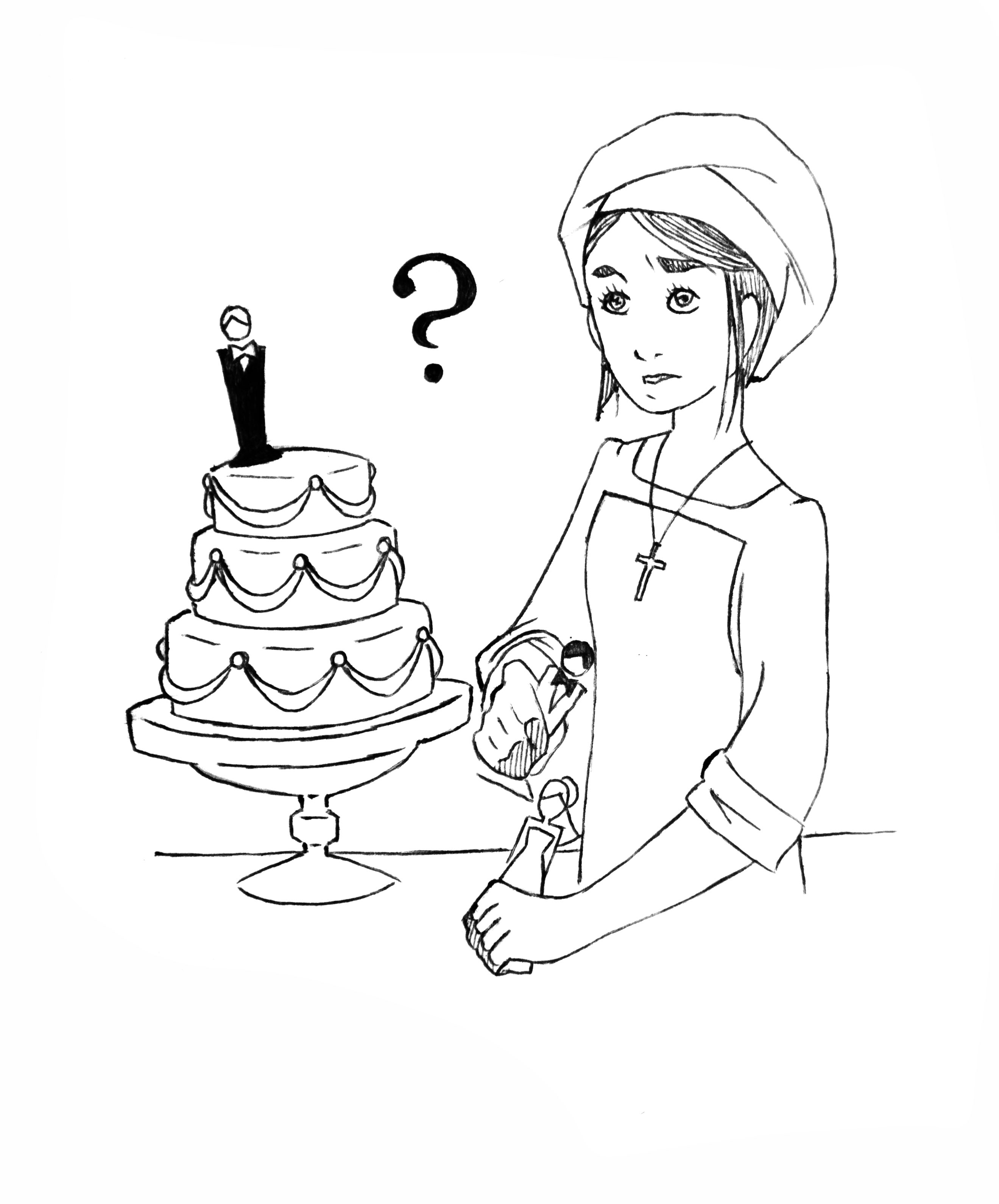
On Feb. 26, Arizona governor Jan Brewer vetoed the bill that would have allowed business owners to refuse services when they feel their religious freedom is compromised.
ARIZONA GOVERNOR VETOES BILL
The bill — SB 1062 — was sparked by the 2013 New Mexico Supreme Court case of Elane Photography v. Willock, according to the bill’s fact sheet. Elaine Huguenin of Elane Photography refused to photograph the marriage of Vanessa Willock to another woman because she personally opposes same-sex marriage, according to the New Mexico State Supreme Court’s majority opinion.
The bill was primarily sponsored by Republican state senator Steve Yarbrough, along with Republican senators Bob Worsley and Nancy Barto. It was passed first by the Senate, supported by the Republicans 17-13 and later passed by the House 33-27 with all 24 Democrats and three Republicans voting in opposition. Despite its popularity in the House and Senate, Brewer vetoed the bill.
"My agenda is to sign into law legislation that advances Arizona … it could divide Arizona in ways we could not even imagine and no one would ever want,” Brewer said in a statement.
IMPLICATIONS FOR CHRISTIAN COMMUNITY
Even though it was struck down, the bill has social implications for the Christian community, said Biola’s political science department chair Scott Waller. Religion is singled out in the Constitution and should have value in the political community, but it has completely lost that sense of importance.
“For the first time in our history we have administration taking a hostile stance toward religion. The Justice Department has taken a narrow understanding of what counts as religion,” Waller said.
The church needs to be taken seriously in the political community, according to Waller. People need to understand that the church comes from a place of knowledge.
“As a community we need to impress upon the culture a substance to our voice in terms of presenting reasons why religious free exercise is not only important as a personal activity, but that we’re coming from a viewpoint that what we’re about is truth and knowledge,” Waller said.
The church must also look for ways to reach those who do not share their faith and help them recognize the importance of these political issues as well, according to Darren Guerra, associate professor of political science.
“Christians and churches need to engage in the public square in ways that are compelling to people that are not of faith … find a public language that people can understand and explain why the public good is served,” Guerra said.







